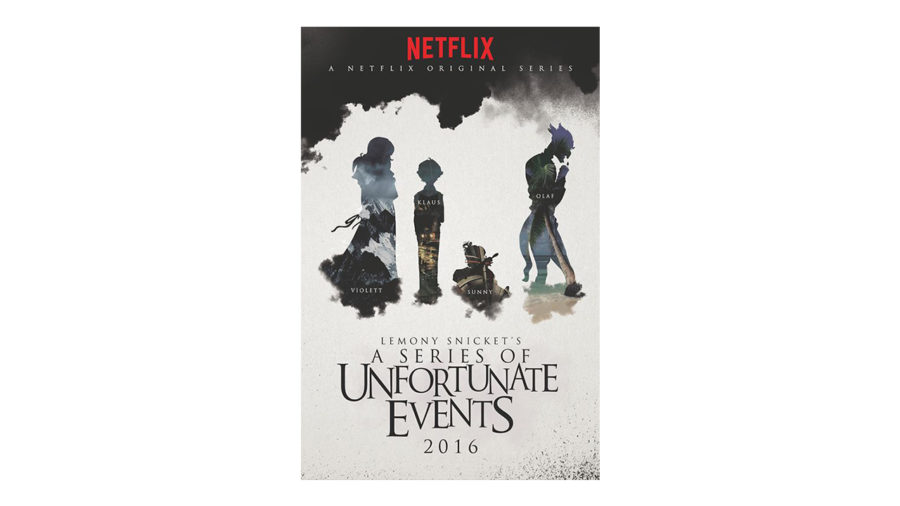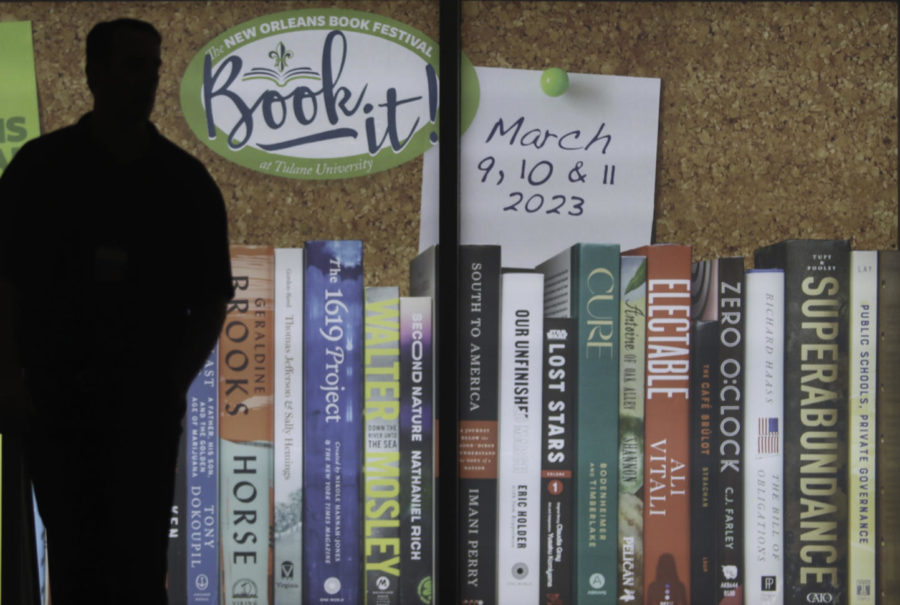When Netflix announced its remake of the popular book series and movie “A Series of Unfortunate Events” starring Neil Patrick Harris as Count Olaf, many internet users were excited but critical. In the few previews released before the remake’s premiere on Jan. 13, viewers were quick to doubt Harris’ ability to be as frightening as Jim Carrey in the 2004 film adaptation.
Initially certain of the series’ inevitable failure, I was pleasantly surprised.
However, after pressing play on the first episode, I found myself a tad confused. As a former devoted middle school reader and fan of the book series and movie, I remembered the Baudelaire story quite well. Long, tragic story in short, Violet, Klaus and Sunny Baudelaire lose their parents to a house fire and are sent by banker Mr. Poe to live with relatives and family friends they’ve never met. Unfortunately, their stay is never long due to Count Olaf, the antagonist after the Baudelaire fortune, murdering the children’s aforementioned next of kin.
While you would expect the story to be told with solely dark themes, the Netflix series took a different approach. After being informed by Mr. Poe of their parents’ deaths, the Baudelaire children take a “joyride” with Mr. Poe accompanied by chipper music, sunny skies and bright, colorful backdrops to Count Olaf’s less-than-ideal house. Notably, Count Olaf ’s dark house is the ugliest one on the block with cloudy skies above it.
Sure, in the real world when personal tragedy strikes unexpectedly, the world continues to house annoyingly optimistic people who are having much better luck than you are, and Mother Nature will not always rain on everyone else’s parade just for you, but come on. In the fictional as well as the real world, you are expected to have at least one person who is there to pat you on the back and wipe away your tears as you ugly cry. But of course the children do not have that luxury. This is truly a series of unfortunate events after all.
I tried to continuously remind myself that the show is fictional. However, I was almost annoyed at the producers for not setting the appropriate mood and focusing on the Baudelaires’ grief for more than 10 minutes. I later realized that the unusual, light-hearted atmosphere foreshadowed the adults’ constant state of oblivion.
The children being more knowledgeable and aware of their surroundings than the adults is not a Netflix-invented quirk; it is in line with the book series and the film. However, the difference between the Netflix series and the film is that instead of pitying the Baudelaires and being scared of Count Olaf and his henchmen disguised as a theatre troupe, I laughed more than I thought I would.
It was definitely the supporting characters who provided the much-needed comic relief and who ultimately made the show a must-watch.
Harris, whom I thought was going to be the reason the show failed, was actually a great Count Olaf – not because he scared the audience, but because he played the role of Count Olaf, Yessica Haircut, Stephano, Captain Sham and Shirley (the latter four of whom are disguises Olaf takes up in order to murder the Baudelaires’ every guardian). The addition of childish jokes, random musical numbers and creative costumes made Harris’ Olaf more pleasant to watch than Carrey’s.
Harris aside, I was delighted when I saw black and brown actors. Mind you, I did neither notice nor care as a child watching the film that the actors were all white. However, as I have gotten older, I have realized how important representation in media is. These days, I always get excited when I see some diversity, especially when I least expect
it.
I thought black actor K. Todd Freeman, who played Mr. Poe, was going to be the token minority, but I was wrong. Freeman’s character, who is in charge of managing the Baudelaire fortune and housing the children, is quick to dismiss the children’s claims of abuse from Olaf and is always ready to head back to the bank, hoping to earn the title of number one banker. Oh, and not to mention that his cough remained for the entirety of season one. Freeman’s version of Mr. Poe kept me laughing but was one of the main reasons I pitied the children.
Looking back at the film, I believe I assumed Mr. Poe was a single, chubby white man who lived alone (with the possible exception of a few cats), so I was more than happy when Mr. Poe’s wife Eleanora Poe, played by black actress Cleo King, was introduced. For three episodes, the journalist was perhaps more amusing than her husband. Her interest in using the Baudelaire children for headlines in her newspaper and disregard for their feelings makes her a great addition to the cast. Oh, and spoiler alert: She uses some of her black girl magic (or logic – whatever you prefer to believe) to save the Baudelaires from child labor. No big deal.
Indian actor Aasif Mandvi seemed natural playing Uncle Monty, one of the children’s guardians who happens to house reptiles. Thankfully, Mandvi’s character received one additional scene not featured in the 2004 movie. The additional scene incorporates a new twist to the Baudelaire story, alluding to a secret spy organization the Baudelaires’ parents were a part of and thus making a connection to these random family friends.
Aunt Josephine, played by black actress Alfre Woodard, also had some minor extra scenes. Apparently, Aunt Josephine was a boxing, bungee-jumping thrill seeker and member of the unknown spy society before becoming a grammar fanatic and recluse after her husband’s death. Who knew?
Honorable mention to South African actor Usman Ally who played the “Hook-Handed Man” and served as Count Olaf ’s sidekick. There was nothing spectacular about his performance; he only had a few lines. Still, I was grateful for his casting.
For the most part, the plot has remained unchanged. If you remember reading the books as a child, you will most likely know the ending of each episode. However, the unexpected comical approach, diverse actors and addition of new characters keeps the audience interested and perhaps makes the Netflix series more family-friendly than the film. With only eight episodes in the first season, viewers will be left wanting more.
Audiences may also seek out the book series while anticipating the announcement of next season’s air date.





























